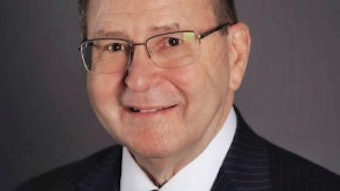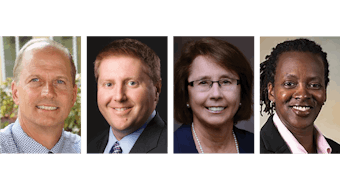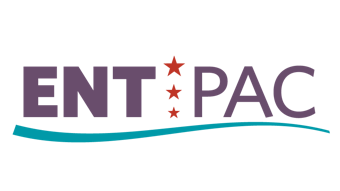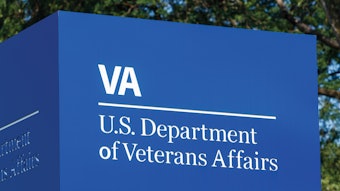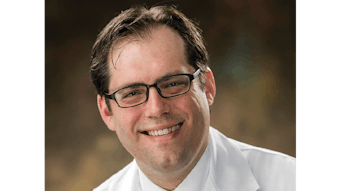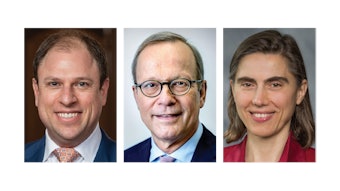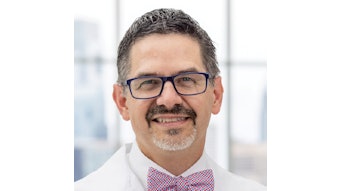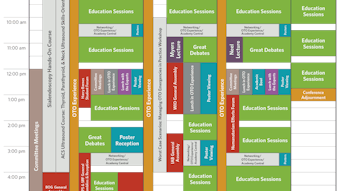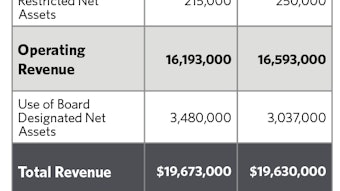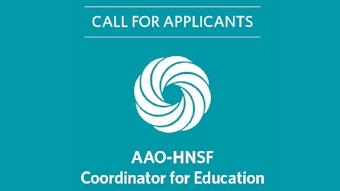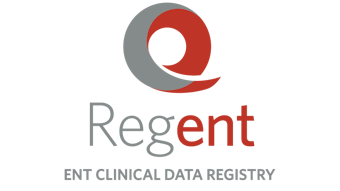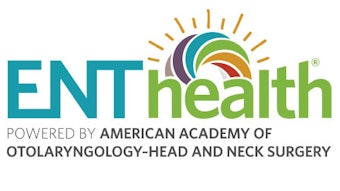OUT OF COMMITTEE: Geriatric Otolaryngology | Geriatric Surgery Verification Quality Improvement Program
The ACS has spearheaded successful initiatives on surgical care related to cancer, trauma, and pediatrics. Now the ACS aims to improve surgical care related to older adults.

The American College of Surgeons (ACS) was founded in 1913 on the principle of “doing what’s right for the patient.” The ACS has spearheaded successful initiatives on surgical care related to cancer, trauma, and pediatrics.1 Now the ACS aims to improve surgical care related to older adults. In America, adults 65 years and older are the fastest-growing segment of the population. From 2019 to 2040, adults over the age of 85 are projected to more than double from 6.6 million to 14.4 million.2 The unique features of this patient population, such as multidisciplinary care, polypharmacy, and complex social support systems, all place strain on healthcare infrastructure and communication. Furthermore, older adults disproportionately undergo surgery. The growth of this vulnerable patient population is poised to create significant healthcare challenges in the years to come. The ACS seeks to define what aspects of perioperative care are most pertinent to older adults and provide recommendations for delivering geriatric-friendly surgical care.
Geriatric Surgery Verification Program
The Geriatric Surgery Verification (GSV) Quality Improvement Program defines a set of standards related to the surgical care of older adults, specifically those 75 years or older undergoing inpatient surgery. These standards are intended solely as qualification criteria for healthcare systems or individual departments seeking GSV accreditation through the ACS. They do not constitute a standard of care or replace the medical judgment of individual providers.
In 2019, 30 GSV standards were developed by a diverse group of over 50 stakeholders that included the American Academy of Otolaryngology–Head and Neck Surgery (AAO-HNS). These standards aim to concisely address the most important aspects of geriatric surgical care within the four-part framework of ACS quality improvement: 1) program-specific standards; 2) infrastructure needed for delivering high-quality, high-value care; 3) data collection and use; and (4) verification site visits to ensure proper implementation. Recently, the AAO-HNS and the American Society of Geriatric Otolaryngology (ASGO) sent representatives to a stakeholder meeting to reflect on implementation of the standards and analysis of the program to date. In the three years since its inception, the GSV Program has been initiated by 54 hospitals and secured funding through The John A. Hartford Foundation.
GSV Standards
Full details of the 30 GSV Program standards can be found at www.facs.org/geriatrics. Administrative requirements include institutional support from the hospital’s CEO and creation of a geriatric surgery director, geriatric surgery coordinator, geriatric nurse champion, and geriatric surgery quality committee. Patient-centric standards include recommendations on geriatric-friendly patient rooms, defining code status and advanced directives, framing surgical outcomes in context of overall health goals, vulnerability screens, improved surgeon-PCP communication, interdisciplinary conferences for complex patients, opioid-sparing multimodality pain management, and optimization of personal sensory equipment (e.g., glasses, hearing aids, dentures, and other devices essential for routine function). Additional standards pertain to data collection, quality infrastructure, nurse education, and community outreach.
The ACS recognizes two levels of commitment by hospitals and may involve one or more surgical specialties for GSV Program accreditation. For either level, hospitals must demonstrate all 30 GSV standards are in place to provide optimal resources for the surgical care of older adult patients. Level 1 (Comprehensive Excellence) specifies 50% or more of eligible surgical patients receive the required processes set forth by the standards, while Level 2 (Focused Excellence) ensure 25% to 50% of eligible patients receive this care.
Relevance for Otolaryngology
Care of the aging patient is commonplace in many otolaryngology practices. Presbycusis, presbystasis, presbyosmia, and presbyphonia are just a few commonly encountered hallmarks of the aging process. We see firsthand how challenges in hearing, speaking, and swallowing can lead to isolation and potentially cognitive decline. Otolaryngologists are leading efforts to better understand and treat these common issues in the geriatric context. For those who undergo more complex inpatient surgical care, the frailty of aging combined with challenges inherent to operating on the head and neck make our patient population particularly vulnerable to perioperative issues that can increase length of stay, readmission rates, need for a skilled-nursing facility on discharge, functional and cognitive decline, as well as all-cause mortality. The economic implications of these issues are profound, particularly when constraints on resources available for geriatric healthcare are considered. The AAO-HNS and ASGO remain stakeholders in support of the ACS’ GSV Quality Improvement Program. The standards set forth by the program provide a framework for hospitals and departments interested in optimizing the quality of surgical care in older adults. Participation in a hospital-based geriatric surgery quality improvement program is likely to further advance specialty-specific initiatives to improve outcomes for a growing proportion of patients seeking otolaryngologic care.
